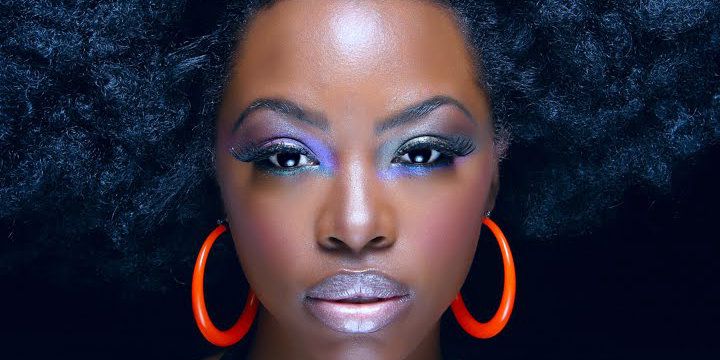Playing Tug of War: A Black Woman’s Hate then Love Relationship with “Feminism”

Feminism: this term and I have endured a long, complicated, and at times confusing relationship with one another. For a long time I didn’t know if I liked feminism. I grew up with images of feminists as white, man hating, braless, ranting women and I wasn’t quite sure if I wanted to be that.
My relationship with feminism evolved a bit when I was in college. I learned the traditional tenets of feminism in my humanities courses, and even wrote a critical analysis of Dracula from a feminist perspective. My acquaintance with the theoretical side of feminism, however, still left me confused about whether I, a Black girl from the inner-city of Detroit could be, or even needed to be a feminist. The whole idea seemed very, well…White.
I’ve always identified strongly with Black history and culture. I majored in English at The University of Michigan, but my true love was my African and African-American Studies minor. I felt that taking on a feminist identity meant that I needed to fight against, and reject the Black men that were in a struggle for racial equality alongside me. Black men and women have historically stood in solidarity against White oppression, and I was empathetic toward the Black man’s unique experience in American society. I feared that feminism would just distract me from my focus on race matters, which was (in my mind) a more crucial issue.
I listened to Adichie’s definition several times:
“Feminist: A person who believes in the social, political and economic equality of the sexes.”
I couldn’t believe that was the extent of feminism. If it was, then I’d been a feminist all along and didn’t even know it. I remembered my mother’s fiery protests of the traditional church’s refusal to promote women to leadership and pastoral positions. She had, unknowingly, ingrained a strong sense of feminism into my sisters and I that we would carry into adulthood.
While waiting at the beauty salon on a Saturday afternoon, I very curiously read Jamilah Lemieux’s “Black Feminism Goes Viral” in the March 2014 issue of Ebony magazine. Her words “Gone are the days in which feminism is easily dismissed as the territory of privileged White women or limited largely to those who live in academic and activist circles” resonated with me, and I had an epiphany.
I realized that feminism and womanism can be the same thing. Neither history, nor textbooks can define what either is. As women have evolved, so have our movements. History has repeated itself and this generation has stamped its uniqueness all over an exclusive concept and made it inclusive. I can be feminist and still embrace my blackness, because today’s feminism does not reject men, but instead protects and advocates for women’s rights. It celebrates womanhood, but resists male domination and inequality. Depending on how I feel on a given day, I may be either womanist or feminist. I honor womanism for its special place in Black women’s history and critical thought, and I accept feminism as a new and improved, inclusive movement for all women (and men) from all backgrounds to embrace and feel a part of.
Photo Credit: Shutterstock
Charday Ward is a freelance writer, playwright, teacher and founder and director of a mentoring organization in Detroit, Michigan. Follow her blog LadyDaysLetters.com , and twitter @ladydaysletters

No comments: